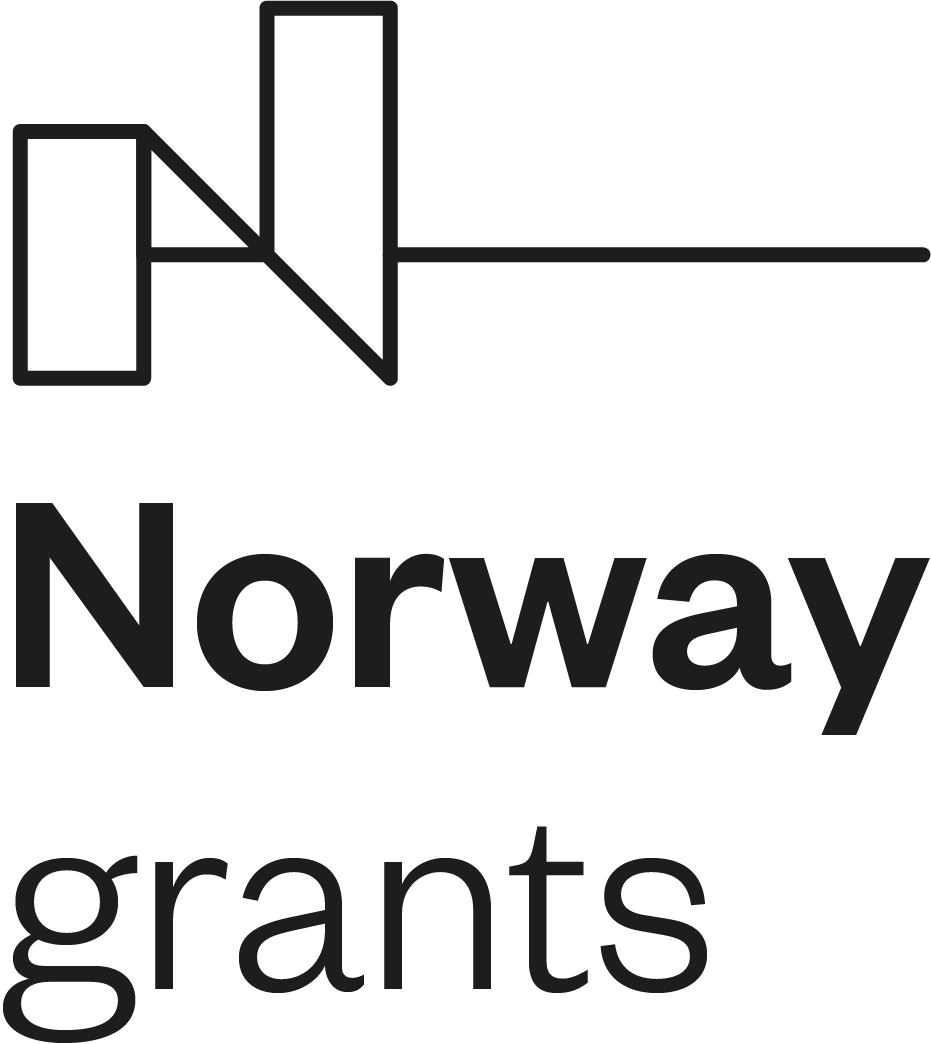Poor sleep quality increases presenteeism but not absenteeism in RA patients.
Abstract N°: 4097
Patient reported outcomes, Work-related issues, Rheumatoid arthritis
Poor sleep quality increases presenteeism but not absenteeism in RA patients.
Zofia Guła*1, 2, Piotr Kuszmiersz1, 2, Jerzy Gąsowski3, Glenn Haugeberg4, 5, Mariusz Korkosz1, 2
1Jagiellonian University Medical College, Krakow, Poland, Department of Rheumatology and Immunology, Kraków, Poland, 2University Hospital, Division of Rheumatology and Immunology, Kraków, Poland, 3University Hospital, Division of Internal Medicine and Geriatrics, Kraków, Poland, 4Sorlandet Hospital, Research Department, Kristiansand , Norway, 5NTNU, Norwegian University of Science and Technology, Department of Neuromedicine and Movement Science, Faculty of Medicine and Health Sciences, Trondheim, Norway
Background:
Patients with inflammatory arthritis frequently suffer from poor sleep affecting their quality of life and work productivity i.e., higher presenteeism reflecting the disability to concentrate on work tasks despite being present at work. Sleep disturbances are reported to be more related to emotional factors than activity of the disease. However, sleep quality is rarely assessed in daily rheumatological practice and only few patients receive treatment for insomnia. Assessing sleep quality in MDHAQ form on a scale from 0 (without any difficulty) to 3 (unable to do) could be a simple tool to identify patients who need more profound evaluation of sleep disorders and int
ervention aimed at improving their work efficiency.
Objectives:
Assessing the relationship between sleep quality and work outcomes in patients with rheumatoid arthritis (RA) by 1) evaluating the frequency of sleep disorders according to 0–3-point scale in MDHAQ form 2) finding a cut-off point for presenteeism and absenteeism discriminating patients with or without sleep disturbances and 3) defining the association between disease activity, sleep quality and work outcomes.
Methods:
Cross sectional study of one year data from PolNorRHEUMA registry. Sleep assessment was based on MDHAQ, and patients were categorized into 4 groups according to the severity of sleep disorders. To assess presenteeism and absenteeism we used the Work Productivity and Activity Impairment Questionnaire (WPAI). The results were obtained using STATISTICA Tibco 13.3 software.
All continuous variables were non-normally distributed, thus were presented in the manuscript as a median and compared by Man
n-Whitney U-test, Kruskal-Wallis or multiple repetition test. To assess the point discriminating between different groups of patients depending on the severity of the sleep disorder, the cut off point of presenteeism was calculated based on receiver operating characteristic (ROC) curves.
Results:
Among 250 adult patients with RA, 63 (25%) didn’t have ANY difficulties with sleep, 130 (52%) had SOME, 43 (17%) had MUCH and 14 (6%) were UNABLE to sleep. After analyzing 130 available WPAI questionnaires, we found that the cut-off value for presenteeism of 40% differentiates people with good sleep (MDHAQ sleep= 0 and 1) from those with a poor sleep (MDHAQ sleep = 2 and 3) whereas the cut-off = 10% differentiate group with no sleep disorders from group 1+2+3 combined. Interestingly, no such relation was found for absenteeism. Patients with poor sleep were significantly older, had higher BMI, DAS28, SJC and TJC (but not ESR and CRP), higher pain, joint pain and fatigue.
After adjusting for age, sex, BMI, and CRP we found positive association between presenteeism and MDHAQ sleep score, TJC and morning stiffness (beta=11.6, beta=0.9, beta=8.36 respectively) but no association with SJC. Only 16 (6,4%) patients received treatment for insomnia.
Conclusion:
Poor sleep quality according to MDHAQ indicates a very high presenteeism and poor work productivity, with no influence on absenteeism. Sleep, TJC and morning stiffness but no other disease activity parameters contribute to presenteeism. Scoring 2 or 3 in a question regarding sleep quality in the MDHAQ form should lead to sleep evaluation and specific intervention, independent of RA activity.
References:
1. Haugeberg G, Hoff M, Kavanaugh A, Michelsen B. Psoriatic arthritis: exploring the occurrence of
sleep disturbances, fatigue, and depression and their correlates. Arthritis Res Ther. 2020 Aug
26;22(1):198.
2. Ibañez Martinez M, Pastor Navarro S, Compán Fernández O, Miguel Ibáñez B, Turrión Nieves A,
Gómez Castro S, Martínez González O, Hidalgo Calleja C, Toledano Martinez E, Montilla Morales
C. Sleep Quality in Patients with Psoriatic Arthritis and Its Relationship with Activity and
Comorbidity [abstract]. Arthritis Rheumatol. 2022; 74 (suppl 9)
3. Grabovac I, Haider S, Berner C, Lamprecht T, Fenzl KH, Erlacher L, Quittan M, Dorner TE. Sleep
Quality in Patients with Rheumatoid Arthritis and Associations with Pain, Disability, Disease
Duration, and Activity. J Clin Med. 2018 Oct 9;7(10):336.
Disclosure of interest: None declared



